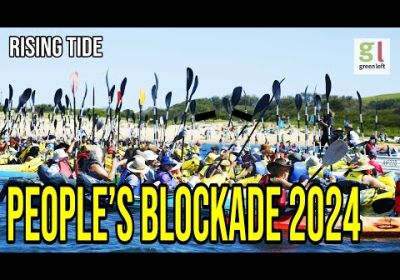
People's Blockade participants explain why they attended, what they think about the NSW government's attempts to suppress the protest and why we need to end coal and gas.

People's Blockade participants explain why they attended, what they think about the NSW government's attempts to suppress the protest and why we need to end coal and gas.
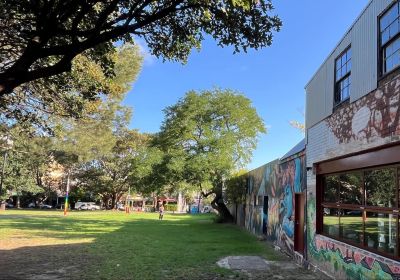
The Labor-majority Inner West Council has rammed through a controversial plan to begin the creeping commercialisation of Camperdown Memorial Rest Park in Sydney’s inner west. Pip Hinman reports.

Since its enterprise agreement expired six months ago, the Rail Tram and Bus Union has been pushing for new, fair contract with the NSW Labor government and private operators. Pip Hinman reports.
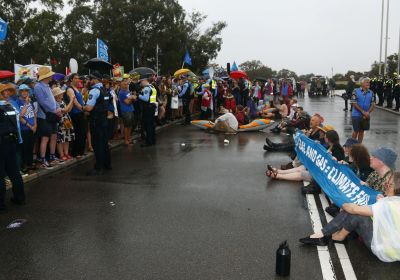
The Rising Tide “People’s Blockade” of the world’s biggest coal port has begun, with thousands expected to join throughout the week. Alex Bainbridge and Isaac Nellist report.
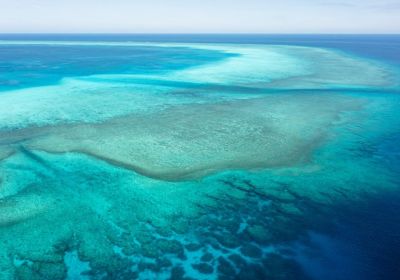
Environs Kimberley, Environment Centre of the Northern Territory and the Conservation Council of Western Australia are asking for help to stop the expansion of gas projects in WA and the NT. Coral Wynter reports.
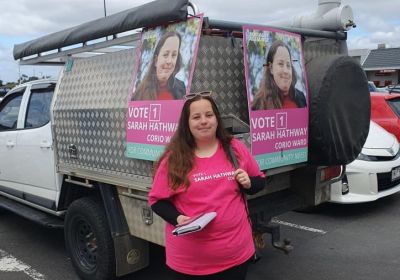
Socialist Alliance is proud of its six-month campaign in the City of Greater Geelong wards of Corio and Hamlyn Heights. Sue Bull reports on SA’s increased vote and the challenges that progressives now face.
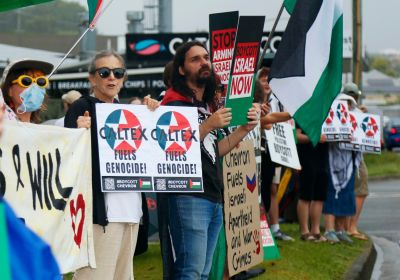
Thousands protested their opposition to Labor’s refusal to sanction Israel for its genocide in Gaza in the 58th consecutive week of rallies. Caltex service stations also became targets, as parent company Chevron continues to supply Israel. Pip Hinman, Isaac Nellist and Alex Bainbridge report.
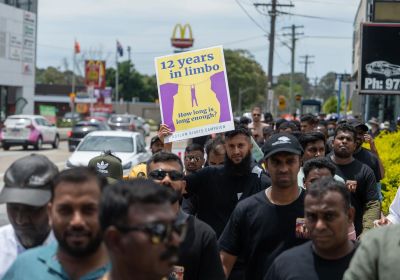
Refugees took their protest for permanent visas to the streets, walking 10 kilometres from Prime Minister Anthony Albanese’s electorate office in Marrickville to immigration minister Tony Burke’s office in Punchbowl. Zebedee Parkes reports.
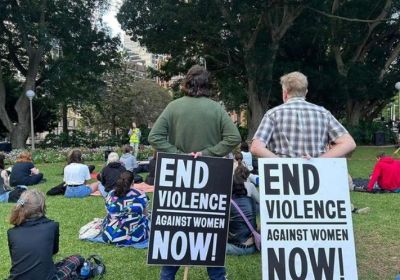
National vigils and rallies organised by What Were You Wearing called on Labor to do more to stop violence against women. Rachel Evans reports.
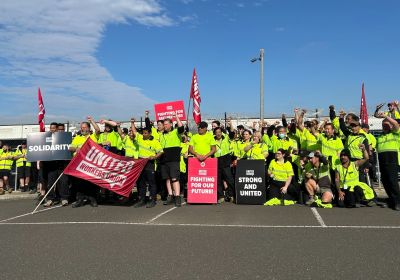
Woolworths packing workers voted to take indefinite strike action over safety concerns with a new tracking system called ‘the framework’. Isaac Nellist reports.
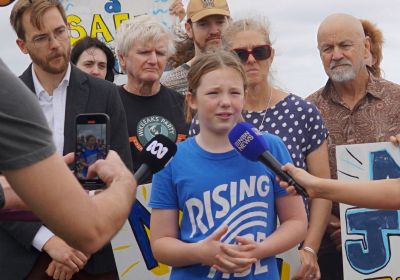
The NSW government has made a last-ditch attempt to stop the People’s Blockade of the world’s largest coal port by designating Muloobinba/Newcastle Harbour an ‘exclusion zone’, reports Isaac Nellist.
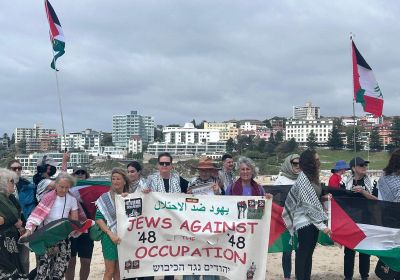
An open letter to Prime Minister Anthony Albanese, initiated by Jews Against the Occupation ’48, demands Labor act in accordance with international law. Kerry Smith reports.
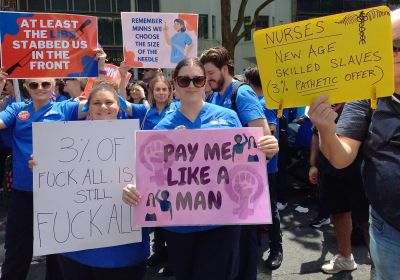
More than 10,000 nurses and midwives went on strike and marched on NSW Parliament to demand a fair pay deal and better conditions. Isaac Nellist reports.
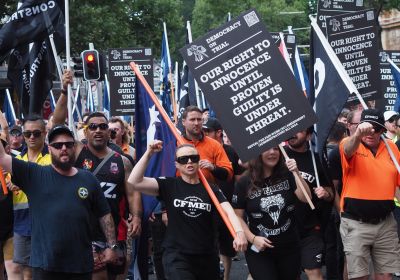
Despite threats from the Construction Forestry Mining and Employees Union administrator and the Master Builders Association, thousands of building workers marched on NSW Parliament in defence of the CFMEU and against Labor’s new anti-union law. Peter Boyle reports.
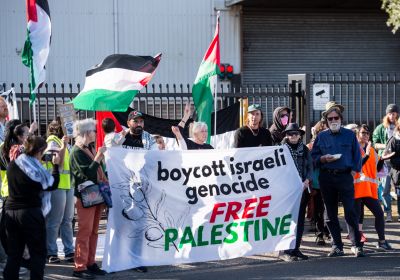
A community-organised picket of the Bisalloy Steel factory in Tharawal/Wollongong on November 15 plans to stop work at the site “for as long as possible”. Isaac Nellist reports.

The newly elected Northern Territory Country Liberal Party has set to work on its “tough on crime” agenda by demonising incarcerated young people. Stephen W Enciso reports.
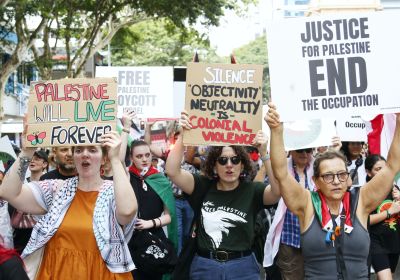
The 400th day of Israel’s genocide against the people of Gaza was marked by large protest rallies across Australia, reports Alex Bainbridge.
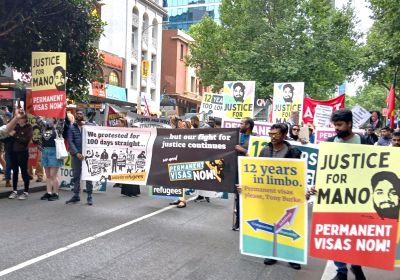
Refugees and supporters are continuing their campaign for permanent visas for more than 9000 people, whose refugee claims were rejected under the flawed Fast Track system. Chris Slee reports.

Isaac Nellist and Riley Breen discuss the election of Donald Trump in the 2024 United States election and the repression and censorship of activists in Singapore.
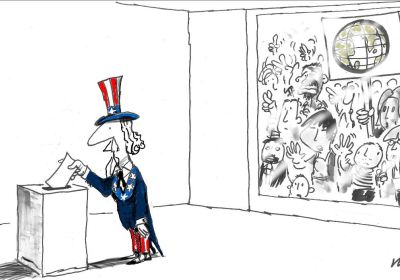
Donald Trump’s victory has sent a wave of depression around the world, especially after the right-wing advances in Europe and the anti-immigrant race riots in England. Peter Boyle argues that the challenge for progressive movements has never been greater.
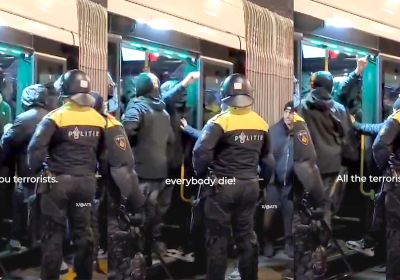
If “journalism is the first draft of history”, the billionaire-owned establishment media’s “first draft” is often full of gaslighting and lies. Alex Bainbridge argues that coverage of the racist violence of Israeli soccer fans in Amsterdam is one glaring example.
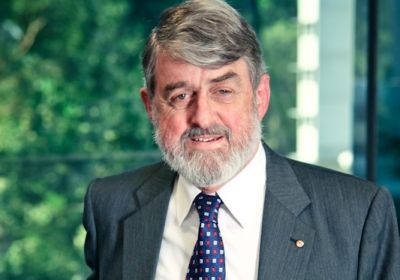
Former NSW Director of Public Prosecutions Nicholas Cowdery maintains that the decriminalisation of cannabis would benefit the community, including by removing criminal profiteering in the drug market. Paul Gregoire reports.
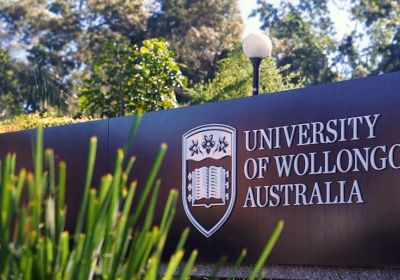
While the government commits billions of dollars to the black hole of AUKUS, universities are underfunded, allowing a management culture, which now pervades universities, to look for course and job cuts. Rowan Cahill reports.
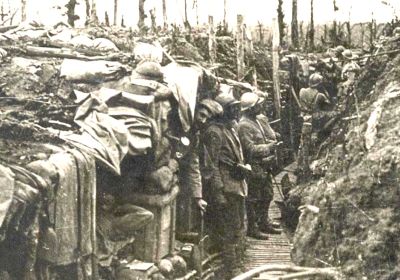
Remembrance Day has become a form of vulgar conditioning, used by the military-minded to ready the public for the next conflict, argues Binoy Kampmark.

Australia has refused the United Nations Human Rights Committee’s order to provide “an effective and enforceable remedy” to the Wunna Nyiyaparli people of Western Australia’s eastern Pilbara region. Paul Gregoire reports.
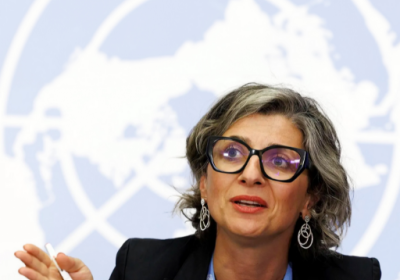
The new report by United Nations Special Rapporteur Francesca Albanese suggests that Israel’s genocidal violence on Palestinians in the Gaza Strip is integral to the Zionist regime’s goal of colonising Palestine. Paul Gregoire reports.
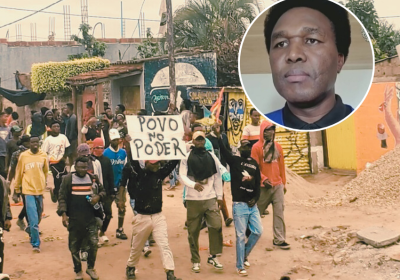
Mozambique is at a critical juncture, with post-election discontent revealing deep-rooted flaws in its political system, writes Boaventura Monjane.
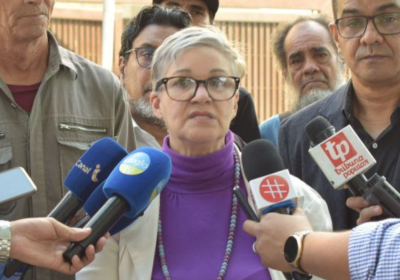
Federico Fuentes speaks to constitutional lawyer and human rights activist María Alejandra Díaz about why, as she puts it, the rule of law in Venezuela is “in frank deterioration” since the July 28 presidential elections.
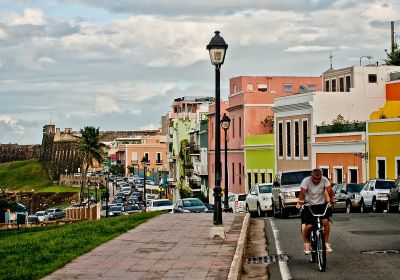
Gubernatorial elections were held on November 5 in the United States colony of Puerto Rico, with pro-independence candidate Juan Dalmau only narrowly defeated by pro-Trump candidate Jenniffer González-Colón, reports Barry Sheppard.
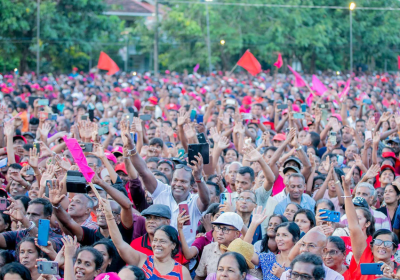
The working-class party, Janatha Vimukthi Peramuna — part of the National People’s Power coalition — gained an outright majority in the country’s 225-seat parliament, reports Janaka Biyanwila.
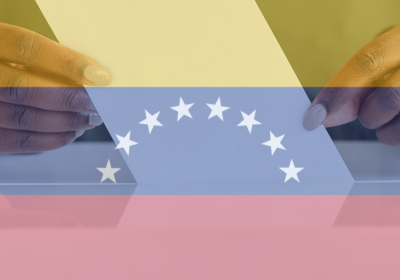
Communist Party of Venezuela leader Neirlay Andrade discusses the July 28 election with Federico Fuentes and argues that by refusing to publish results from the July 28 presidential election, the Nicolás Maduro government “is crossing a line of no return”.
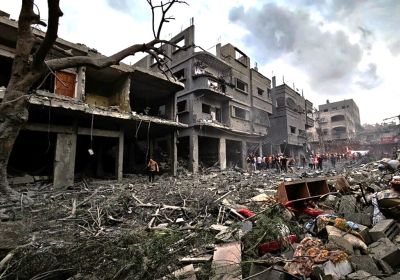
While disease, hunger and death continue to stalk the Gaza Strip and the West Bank remains occupied, Binoy Kampmark reports on United Nations committee resolutions that increase Israel’s isolation.
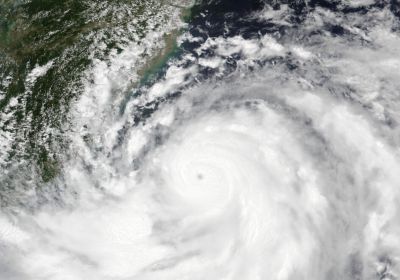
A new report argues that progressively taxing the world’s seven biggest oil and gas companies would raise significant funds to pay for the losses and damages caused by climate disasters, reports Ben Radford.
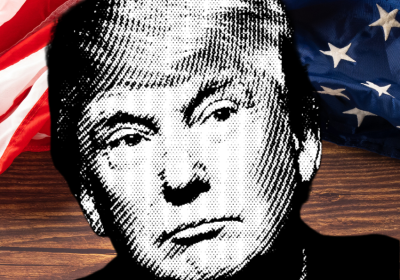
Cyn Huang and Daniil Sapunkov, members of the Young Democratic Socialists of America, unpacked the United States elections with Green Left’s Isaac Nellist and Jacob Andrewartha.
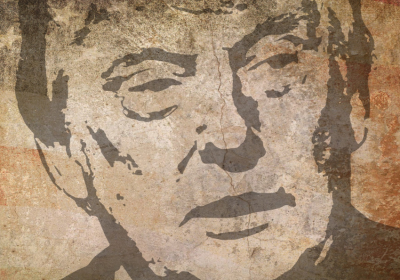
Malik Miah and Barry Sheppard look behind the Republican Party’s victory in the United States election, why the Democratic Party lost and the challenges ahead.
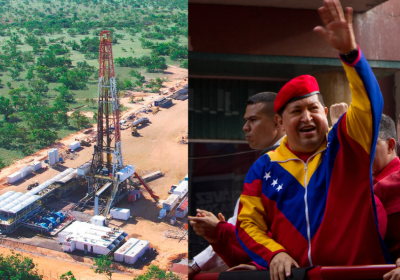
Federico Fuentes sat down with sociologist Malfred Gerig from the Central University of Venezuela to discuss the United States’ sanctions on Venezuela in the context of the country’s “Long Depression”.
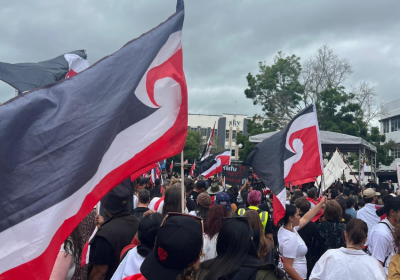
A controversial and divisive bill that aims to undermine the rights of Aotearoa New Zealand’s Māori people had its first reading and brought parliament to a halt, reports Zara Lomas.
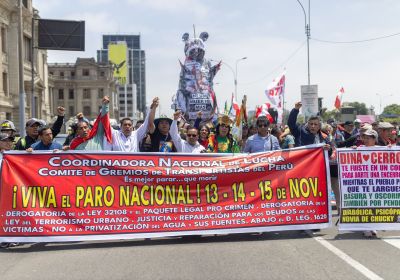
About 1 million workers across Peru went on strike to demand that the government act against rising violence and extortion at the hands of organised criminal groups, reports Ben Radford.

Several hundred people marched through the southern Ecuadorean city of Cuenca to protest the Ibero-American Summit, reports Ben Radford.
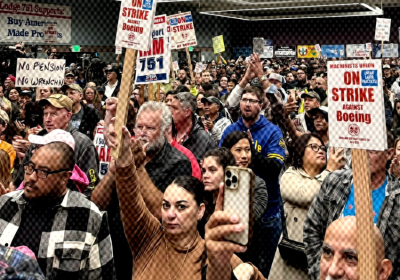
Boeing workers in the United States voted to accept a deal and end their seven-week-long strike, reports Malik Miah.

While electric cars are often touted as the future of transport and a crucial part of the effort to reach “net zero” greenhouse gas emissions, in reality they are not a meaningful solution, argues Ben Radford.
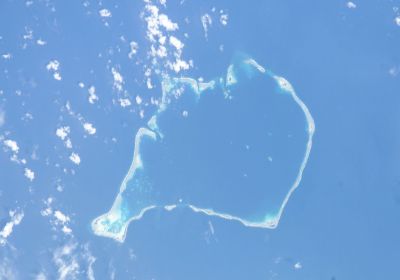
Tuvalu Prime Minister Feleti Teo has described rich countries’ plans to expand fossil fuels as a “death sentence” for his country. Zara Lomas looks at Pacific Island states’ push for a international treaty to phase out fossil fuels.
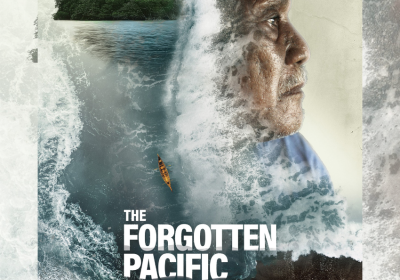
The Forgotten Pacific sheds light on how island communities are weaving indigenous knowledge with modern solutions to adapt, rebuild and protect their homelands from the devastating impacts of climate change, write Coral Wynter and Jim McIlroy.
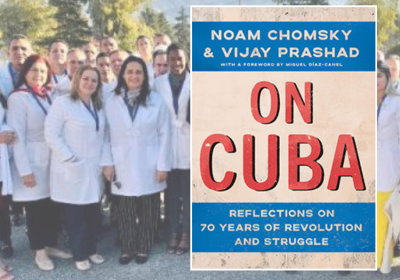
Noam Chomsky and Vijay Prashad’s On Cuba will inspire new readers about the achievements of this small country standing up to United States imperialism and providing a beacon of internationalism and solidarity, writes Stephen Langford.
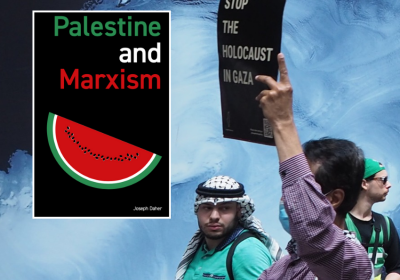
As Israel’s genocidal war on Gaza grinds on, threatening to engulf part of Lebanon and provoking Iran, Pip Hinman writes that anti-war activists will find Joseph Daher’s Palestine and Marxism an informative class-based background.
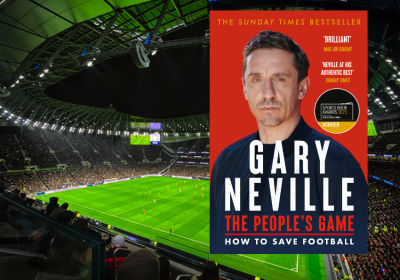
Gary Neville argues that beneath the glamourous sheen of English Premier League football, the game is rotten, and the growing influence of the biggest teams is leaving fans out of pocket and smaller clubs clinging to survival. Alex Salmon reviews.
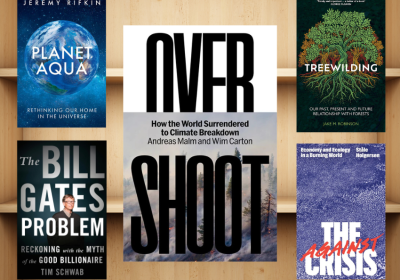
Climate and Capitalism editor Ian Angus presents five new books on capitalism and the climate crisis, restoring forests, waters in revolt and a dangerous billionaire.